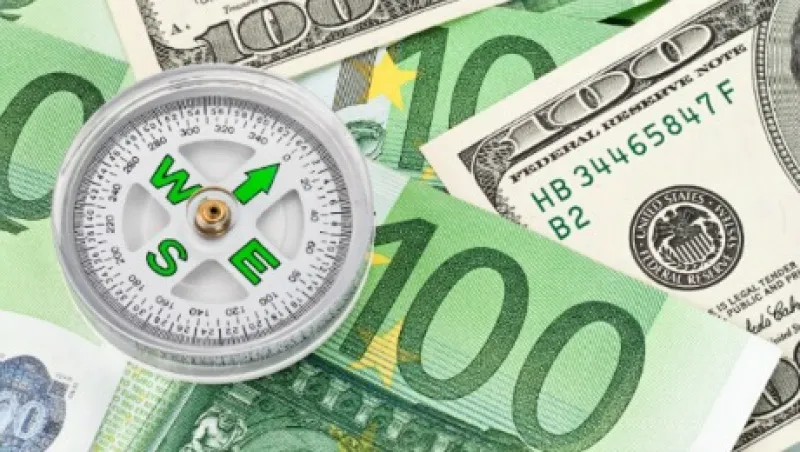In trading this morning, the euro slid lower versus the U.S. dollar as investors brace for yet another showdown between Athens and Brussels. Greek Prime Minister Alexis Tsipras is traveling to Berlin to negotiate with German Chancellor Angela Merkel over his country’s finances. With Tsipras continuing to insist that Greece’s debts are impossible to repay and his government near the end of cash reserves, this white-knuckle round of talks will likely remain a focus for market sentiment, despite the positive vibes generated by the European Central Bank’s easing program.
Lee Kuan Yew dead. Lee Kuan Yew, Singapore’s first prime minister, passed away today in a hospital at the age of 91. One of the most influential politicians of post–World War II Asia, the more than three decades during which Lee oversaw the city state, he saw Singapore separate from Malaysia and transform into one of the wealthiest nations on earth on a per-capita-GDP basis, although coming under criticism for limiting free speech.
OPEC denies blame for low oil prices. In comments carried in the Saudi Press Agency today, Ali al-Naimi, the nation’s oil minister, stated that OPEC does not bear responsibility for boosting oil prices, as the cartel now only represents 30 percent of global output. Naimi commented that attempts to negotiate with non-OPEC producers had met with no success. As the 12-nation cartel’s largest producer, Saudi Arabia calls much of OPEC’s shots.
Tenet Healthcare, China National Chemical Corp., announce acquisitions. Media reports indicate that Tenet Healthcare is preparing to announce the acquisition of United Surgical Partners International for $2.5 billion, including debt. Separately, a consortium led by China National Chemical Corp. has made a bid for a controlling stake in Italian tire producer Pirelli that would see the company valued at about $7.7 billion and mark the largest purchase by a Chinese state-controlled firm since 2012.
IMF to support AIIB. International Monetary Fund Managing Director Christine Lagarde on Sunday pledged that the Fund would join the 27 nations agreeing to cooperate on China’s Asian Infrastructure Investment Bank initiative, despite U.S. protests. U.S. leaders contend that the AIIB is designed by Beijing to undermine the efforts of the IMF and Asian Development bank in order to further Chinese political agendas.
Existing home sales data on deck. In the U.S., National Association of Realtors existing home sales data for February will be released today. Consensus forecasts call for a modest rebound after the measure contracted by nearly 5 percent in January to an annualized rate of 4.82 million units. The indicator has been relatively volatile in recent months, in part because of harsh winter weather in parts of the nation.
Portfolio Perspective: Liquidity Lifts All Boats — Karl Haeling, Landesbank Baden-Württemberg
Amid the market flip-flops since Wednesday’s Federal Open Market Committee announcement, Friday’s market action probably represented a fairly pure play on the underlying fundamentals for stocks and bonds. The key message is that high liquidity lifts all boats. Commodities have been a notable exception to this in recent months, but even they joined in on the party Friday as the dollar weakened.
The dollar’s turnaround probably reflects a simple technical correction that was aided by suspicions that European leaders will find a way to keep lending money to Greece, despite the increasingly ugly nature of the political and financial situation there. But it is also possible, that whether consciously or unconsciously, the Fed has indicated a just-dovish-enough monetary policy to stop the dollar rally, at least for the time being. By indicating how important it is for inflation pressures to start increasing somewhat before they raise rates, a September rate increase looks more likely now than a June liftoff.
An improvement in February consumer price index inflation is likely to be reported Tuesday, but year-over-year comparisons are going to turn negative in the data for March through May, thus making it more difficult for the Fed to see the conditions by June that it says it wants before raising rates.
Karl Haeling is a vice president of capital markets at Landesbank Baden-Württemberg’s New York office.






